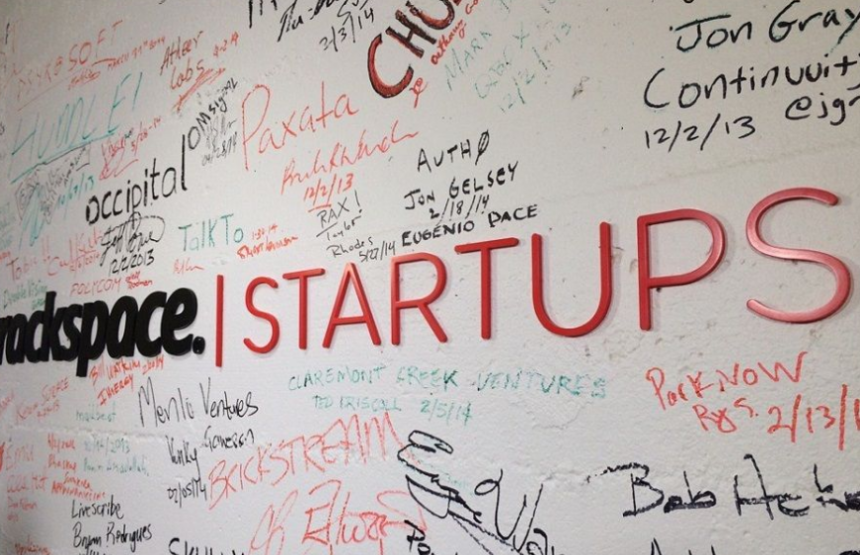African startups are facing tougher scrutiny from investors compared to their global counterparts, with investors demanding more evidence of traction, conducting more thorough financial audits, and often perceiving higher risks in the region. Silicon Valley in the US is often cited as the most founder-friendly region for raising capital, especially when compared to emerging economies like Africa.
According to venture capital strategist Tayo Olowu, the process for African startups often focuses more on finding reasons not to invest rather than assessing their potential. Olowu highlighted that African founders typically face stricter requirements than those in Silicon Valley, London, or emerging markets like India and Brazil. While a US-based startup can secure funding based solely on an idea and a strong team, African startups often need to show significant revenue to attract serious attention.
Despite these challenges, African startups are still attracting investment, though at a slower rate. In January 2025, African startups raised nearly $300 million, with about 40 companies securing $289 million in funding. However, overall startup funding in Africa saw a 25% drop in 2024, with startups securing $2.2 billion, down from $2.9 billion in 2023. This decline reflects growing investor caution and the increasing difficulty startups face in securing capital.
Countries like Kenya, Nigeria, Egypt, and South Africa continue to lead the investment landscape in Africa, securing 84% of all startup funding in 2024. Silicon Valley remains a top location for startup fundraising, offering founder-friendly terms that are hard to match in other global startup hubs.
Andrew Chen, General Partner at Andreessen Horowitz, emphasized the importance of securing financing for startups, stating that Silicon Valley is the most rational place for founders to raise money, especially if they are looking for funding with founder-friendly terms. While other cities like Austin, London, Miami, Paris, and Sydney are emerging as startup ecosystems, they still lack the investor scale needed for successful fundraising rounds.
The challenges faced by African startups stem from outdated risk perceptions, strict financial scrutiny, and a lack of trust in African markets. Many investors view Africa as a high-risk environment due to factors like political instability, currency fluctuations, and infrastructure challenges. This caution leads to more rigorous due diligence, with African founders undergoing thorough financial audits, extensive legal checks, and in-depth background investigations.
Startup advisor Brandon Solomons noted that African venture capital firms are highly risk-averse due to lower capital availability compared to global markets, limiting funding for early-stage startups. He attributed this cautious approach to resource limitations, with the average African VC managing $50 million in assets under management, compared to the $324 million average for Asian VCs.
In conclusion, African startups continue to face challenges in attracting investment, with investors demanding more evidence of traction and conducting thorough financial audits. Despite these hurdles, African startups are still drawing investment, though at a slower rate. Silicon Valley remains a top location for startup fundraising, offering founder-friendly terms that are hard to match in other global startup hubs. African venture capitalists and angel investors are urged to support local startups without imposing unnecessary obstacles, sending a strong message to international capital.








